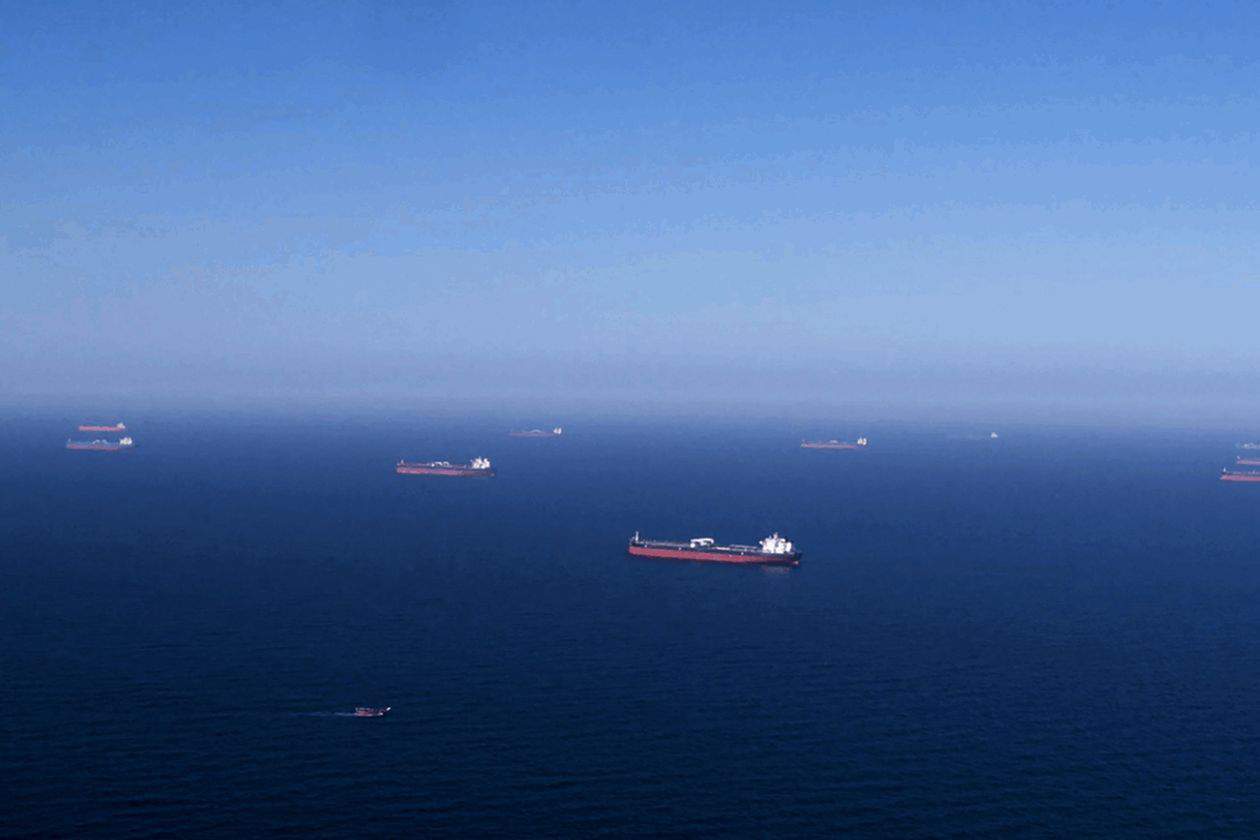Explosion Hits Oil Tanker at Saudi Port

An oil tanker docked at the Saudi port city of Jeddah was struck and suffered an explosion Monday, the ship’s owner said, following a string of attacks on the kingdom’s oil infrastructure in recent months.
A fire caused by the explosion on the Singapore-flagged BW Rhine was extinguished and all 22 sailors were unhurt, according to Hafnia, which owns and operates the vessel. The company said the ship’s hull was damaged in two locations and that some oil could have leaked from the vessel.
Saudi Arabia’s energy, ports and security authorities didn’t immediately respond to requests for comments on the incident, which occurred after midnight at Jeddah, an important Red Sea port for the kingdom.
The source of the object that hit the ship couldn’t be determined.
Previous attacks in the strategic waterway have been blamed on or claimed by Yemen’s Houthi rebels, who have been battling a Saudi-led military coalition in a six-year civil war. The U.S.-backed coalition has repeatedly warned of the potential threat to international trade posed by such incidents, which also threaten Saudi Arabia’s economic engine.The Red Sea is a major conduit for oil and other trade flowing from the Middle East to Europe, Asia and North America. About 6.2 million barrels a day of crude and refined petroleum products were shipped through the Bab el-Mandeb strait that separates the Red Sea from the Gulf of Aden in 2018, according to the U.S. Energy Information Administration.
Last month, a Greek-operated oil tanker at the Shuqaiq terminal, south of Jeddah and near the Yemeni border, was damaged in what the Saudi coalition called a foiled terrorist attack by the Houthis.
Two days earlier, the Houthis said they struck a fuel depot operated by Saudi Aramco in Jeddah with a primitive cruise missile. Aramco said the strike, which caused no casualties, tore a hole in an oil tank and triggered an explosion and fire.
The Houthis have previously used remote-controlled dinghies laden with explosives to attack ships in Saudi Arabia’s territorial waters and planted sea mines to disrupt shipping traffic. A Western official in the Gulf said the kingdom’s authorities have noticed an increase in the amount of mines being deployed in the Red Sea in recent months.
The Yemen conflict pits the Saudi coalition against the Houthis, who took over the capital, San’a, in 2014. Saudi Arabia and its allies see the Houthis as pawns of Iran, the kingdom’s main regional rival, and accuse the Islamic Republic of supplying the rebels with missiles and other arms. Iran has denied arming the Houthis.
Attacks blamed on the Houthis and Iran have hit the core of the Saudi economy, crystallizing the risks to the region’s oil industry. Missile strikes last year on Aramco’s Khurais oil field and Abqaiq—the world’s largest oil-processing facility—led to the most extensive outage the oil industry has ever seen, knocking out 5.7 million barrels of daily crude-oil production, nearly 6% of global output.
Photo: Saudi tankers pictured in a handout photo. An explosion hit a tanker docked in Saudi Arabia on Monday. - AGENCE FRANCE-PRESSE/GETTY IMAGES
Link: https://www.wsj.com/articles/explosion-hits-oil-tanker-at-saudi-port-11607939815




